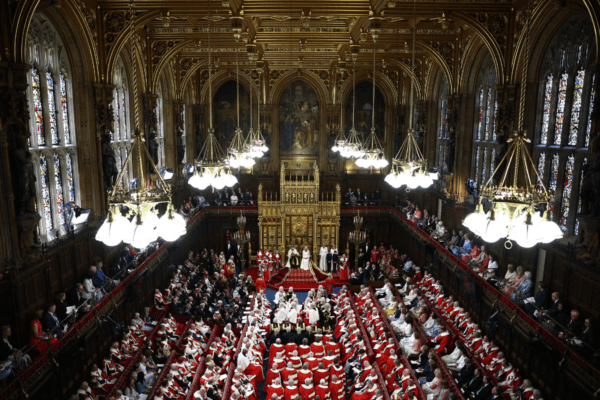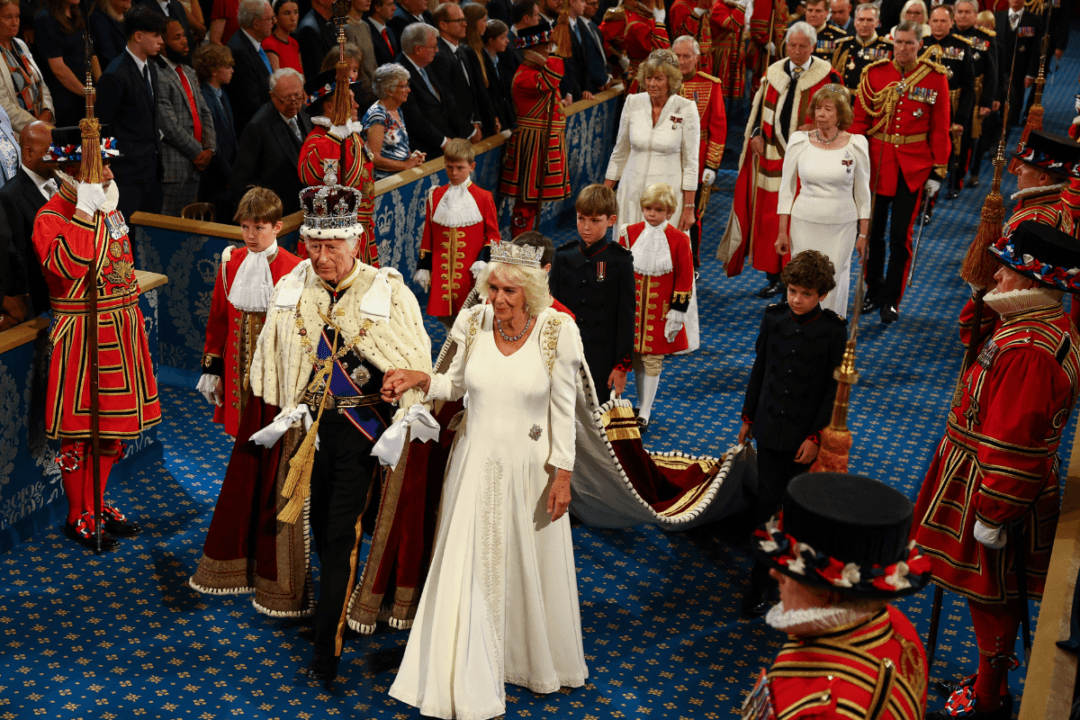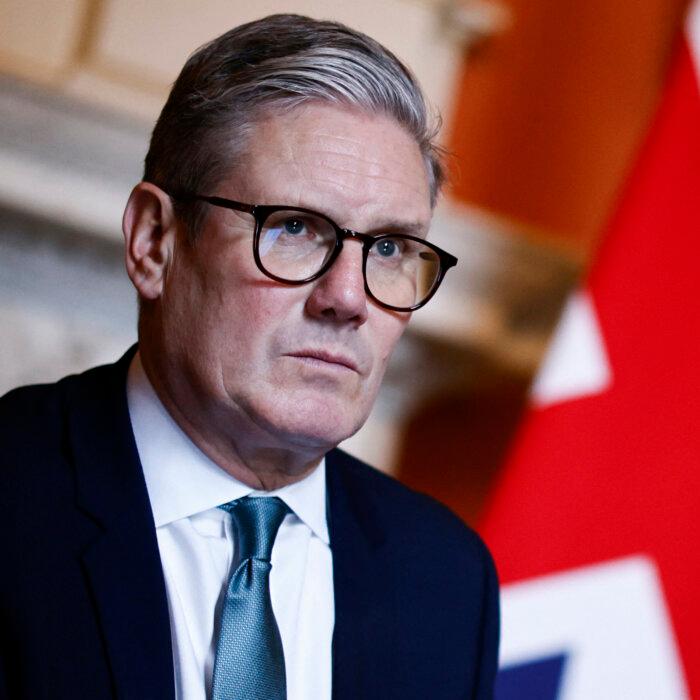Hereditary peers will no longer be able to sit and vote in the House of Lords, in plans unveiled in the King’s Speech on Wednesday.
King Charles III said in his speech delivered to Parliament, “Measures to modernise the constitution will be introduced including House of Lords reform to remove the right of hereditary peers to sit and vote in the Lords.”
“No other modern comparable democracies allow individuals to sit and vote in their legislature by right of birth,” said the note, calling the current status “outdated and indefensible.”
Abolishing the Lords
The House of Lords is currently comprised of hereditary peers and life peers, or members of the upper house who are nominated by the prime minister and appointed for life. Life peers are not able to pass on their title to their children.The ending of hereditary peers represents Labour’s manifesto pledge to bring about immediate modernisation.
The party had said it planned to replace the House of Lords “with an alternative second chamber that is more representative of the regions and nations.”
No Votes for Under-18s
Absent from the King’s Speech was a bill to fulfil one of Labour’s other major pieces of proposed constitutional reform: lowering the voting age to 16.The manifesto had said that a Labour government would “increase the engagement of young people” in the democratic process by extending the franchise to 16- and 17-year-olds, giving them “the right to vote in all elections.”
House of Commons leader Lucy Powell said that while the plans did not feature in this session of Parliament—with sessions lasting for around a year—there were “plenty of big bills that didn’t make it into this” speech either.
Modernise the Commons
King Charles also indicated that changes would come to the House of Commons, confirming that the government will propose a modernisation committee of the lower chamber, another Labour Party manifesto pledge.The king said the modernisation committee “will be tasked with driving up standards, improving work practices, and reforming procedures.”

The party had also promised to support an immediate ban on MPs taking up paid advisory or consultancy roles, saying that “the absence of rules on second jobs also means some constituents end up with MPs who spend more time on their second job, or lobbying for outside interests, than on representing them.”
“We will task the Modernisation Committee to take forward urgent work on the restrictions that need to be put in place to prevent MPs from taking up roles that stop them serving their constituents and the country,” the manifesto had said.







